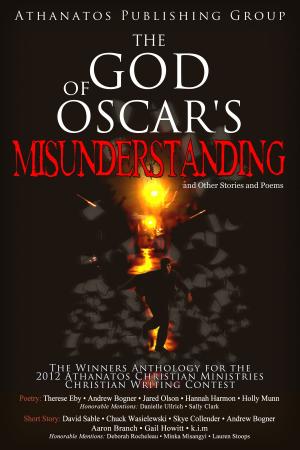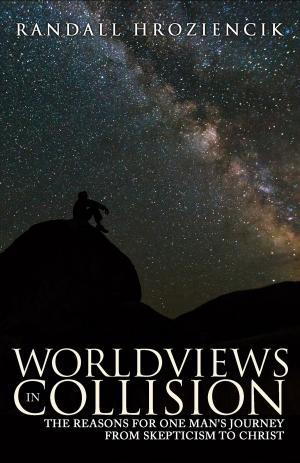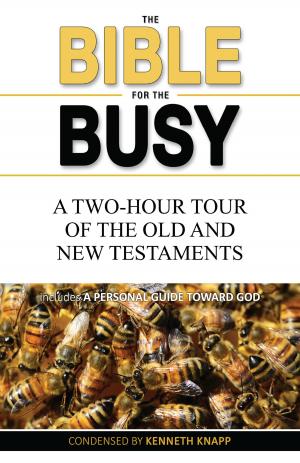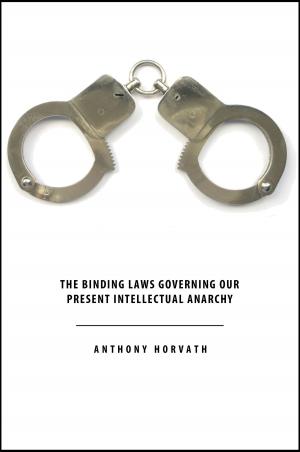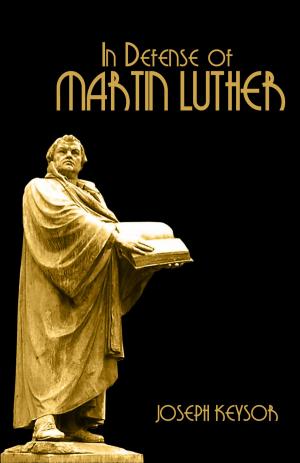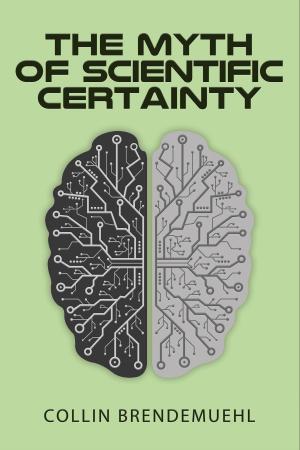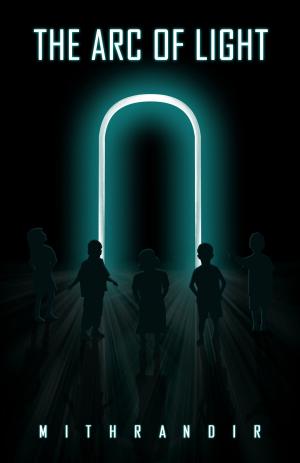The Anti-Apologist: Philip Pullman's Covert Assault on the Christian Worldview within "His Dark Materials"
Nonfiction, Religion & Spirituality, Philosophy, Religious, Christianity, General Christianity| Author: | Anthony Horvath | ISBN: | 9781466060081 |
| Publisher: | apgroup | Publication: | November 2, 2011 |
| Imprint: | Smashwords Edition | Language: | English |
| Author: | Anthony Horvath |
| ISBN: | 9781466060081 |
| Publisher: | apgroup |
| Publication: | November 2, 2011 |
| Imprint: | Smashwords Edition |
| Language: | English |
The release of Philip Pullman's "The Golden Compass" as a movie prompted new scrutiny of the messages embedded in his "His Dark Materials" series. In this collection of essays, Christian apologist Anthony Horvath affirms the existence of an anti-Christian agenda in the books, but argues that the charges commonly raised are harmless since they are easily spotted. The real 'harm' lies elsewhere.
In his interviews on the topic by many local and national radio programs at the time of the movie's release, Horvath pointed out that the anti-Catholic sentiments of the book are obvious, and as such, easily dismissed. More pernicious is the notion that atheism and materialism can explain every part of human experience- even those parts which have previously been regarded as evidence of the supernatural.
Is it reasonable to put one's faith in the proposition that everything can be explained in naturalistic terms? The Pullman series suggests that it is, without coming out and actually saying it.
The release of Philip Pullman's "The Golden Compass" as a movie prompted new scrutiny of the messages embedded in his "His Dark Materials" series. In this collection of essays, Christian apologist Anthony Horvath affirms the existence of an anti-Christian agenda in the books, but argues that the charges commonly raised are harmless since they are easily spotted. The real 'harm' lies elsewhere.
In his interviews on the topic by many local and national radio programs at the time of the movie's release, Horvath pointed out that the anti-Catholic sentiments of the book are obvious, and as such, easily dismissed. More pernicious is the notion that atheism and materialism can explain every part of human experience- even those parts which have previously been regarded as evidence of the supernatural.
Is it reasonable to put one's faith in the proposition that everything can be explained in naturalistic terms? The Pullman series suggests that it is, without coming out and actually saying it.


